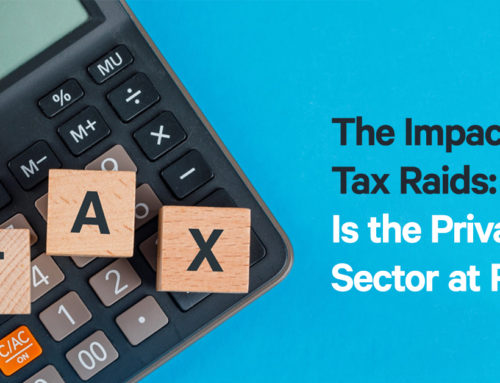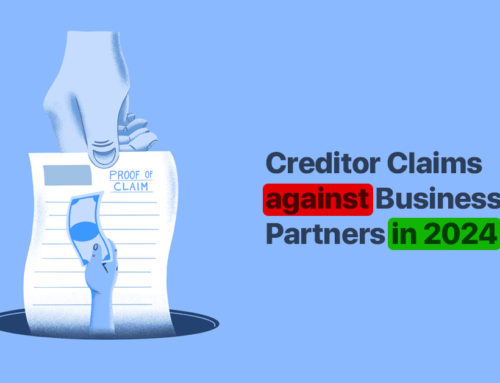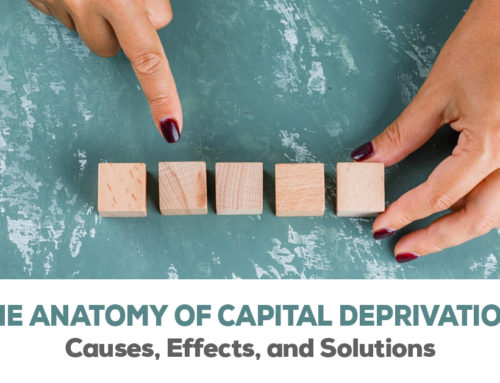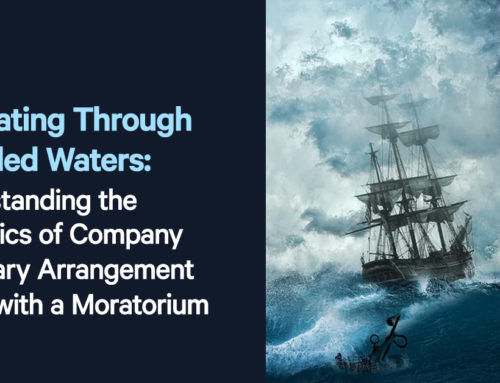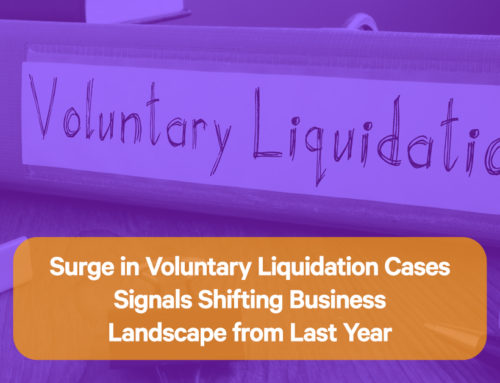In October 2022, the Public-sector cloud provider, UKCloud, was forced to enter into compulsory liquidation.
What is Compulsory Liquidation?
Compulsory liquidation is a process of insolvency where proceedings are initiated by somebody (usually a creditor) opting for the winding up of a company. Essentially, it means that the company has outstanding liabilities to the point that it can be forced into liquidation (other instances of liquidation are usually initiated by the company itself). There are a few different grounds for compulsory liquidation, which include the following:
- A resolution of the company as a whole
- The company is in a position where it is unable to pay off the different debts that fall due to it
- It is equitable and just that the organisation should be wound up
If an organisation is forced into liquidation because it cannot pay its debts, then evidence needs to be provided. It will usually have to be evidence that the organisation is failing to respond and prove that it has assets that are more than its current liabilities.
This form of liquidation is usually commenced by creditors who are owed money by the company. The debt has to be at least more than £750 in order for a petition to be filed.
How Does an Organisation Go into Compulsory Liquidation?
A creditor must issue a winding-up petition if it wants to put an organisation into compulsory liquidation. A winding-up petition cannot simply be filed anonymously but has to be verified with a statement of truth. It will then be served on the company in question, and if they do not raise issue with the petition or try to oppose it, then the compulsory liquidation will begin.
There has to be sufficient grounds to claim that compulsory liquidation should begin. Many creditors believe that simply having a debt that remains unpaid is sufficient enough to constitute a company going into compulsory liquidation, but this is not usually the case. It can be quite risky issuing proceedings for compulsory liquidation if the debt in question is disputed and therefore, creditors need to be sure that they will be successful in their petition.
How Can a Company Stop Compulsory Liquidation
If an organisation such as UKCloud wants to try and stop its organisation from going into compulsory liquidation, then a few different options are available. It is possible to stop compulsory liquidation if:
- The debt which is currently owed by the company and that the creditor is claiming for is in dispute
- The debt which is currently owed by the company and that the creditor is claiming for is paid in full
- The company and the creditor agree on terms to pay off the debt, and no other creditors afterwards come forward to take over the conduct of compulsory liquidation or the winding up petition.
Companies can also reach out to the court and ask for more time in which to pay off their creditors. If they do this, they have to show that there is a good chance they will be able to pay off their creditors in a reasonable amount of time. This usually works, but it will primarily be successful if it is supported by the creditor who agrees to the terms laid out in paying them back.
What Happened with UKCloud?
UKCloud acknowledged on its website that it had been placed into compulsory liquidation following the filing of a winding-up order that was made against them. This followed the launching of a new division in 2017 which was aimed at the healthcare industry.
This new division was initiated because healthcare providers were quite keen to expand their use of digital cloud and technology to broaden the way that they can share data between practices and patients. UKCloud became a prominent supplier of this development. It is expected that the launching of this new development was a large factor when considering the company’s compulsory liquidation.
Will Operations Continue During Liquidation?
The organisation has acknowledged that it will remain in operation whilst these different proceedings take place. They made a statement which said, “on 25th October 2022, the Companies were placed into Liquidation with the Official Receiver appointed as Liquidator and J Robinson and A M Hudson simultaneously appointed as Special Managers to manage the liquidation process on behalf of the Official Receiver.”
After that, they continued by saying, “the Official Receiver, with the assistance of the Special Managers, is maintaining operations whilst the liquidation strategy is being developed,” and finally came to a conclusion, “the Official Receiver also has a duty to investigate the cause of the companies insolvency and the conduct of current and former directors.”
What Caused the Liquidation?
As can be seen above, investigations into the conduct of the former directors are currently being carried out. As such, there remains no clear answer as to why the organisation went into liquidation. That being said, it is fair to assume it will be linked to the large developments the company made in 2017 to try and tap into the healthcare market.
More information will come to light soon, but the public remains surprised at the news. This is because UKCloud was a public company and had ties with large names such as the Ministry of Defence, the NHS and local governments.
Do You Need Advice Surrounding Liquidation?
As can be seen in the fact UKCloud went into compulsory liquidation, this is an occurrence that often affects a number of different businesses. As such, if your company is currently worried about liquidation, you should be sure to get in touch with experts such as Leading UK. Our team will be able to consider your business’s current situation and then provide advice on the best ways that you can move forward. If you need further information or have any questions, do not hesitate to get in touch.


